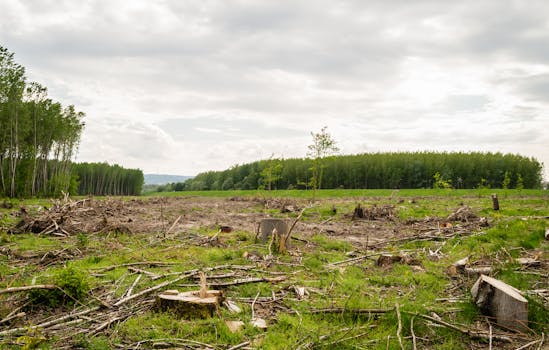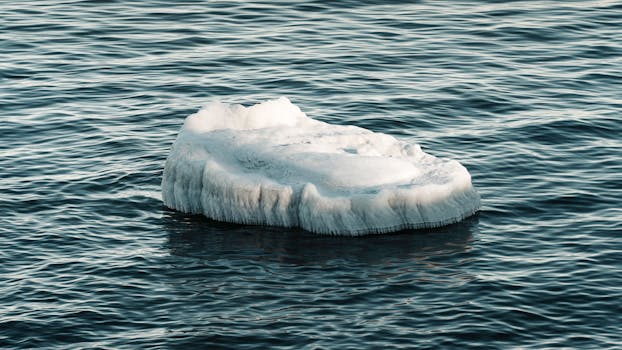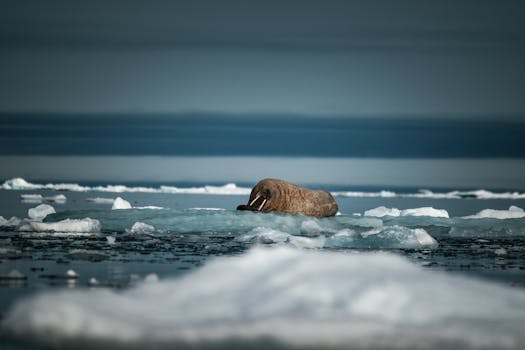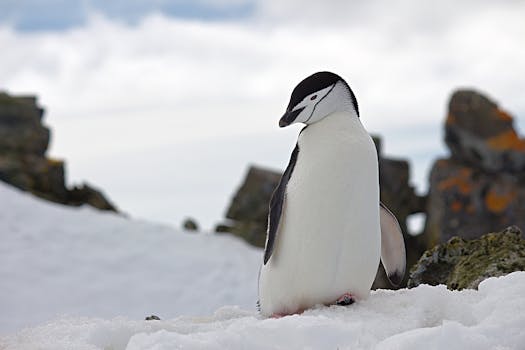
Introduction

The impact of climate change on global ecosystems is a pressing issue that threatens the delicate balance of nature. Climate change, driven primarily by human activities, has led to significant alterations in weather patterns, temperatures, and sea levels, all of which greatly affect ecosystems worldwide.
Effects on Biodiversity

One of the most alarming consequences of climate change is the disruption of biodiversity. Many species are struggling to adapt to the rapid changes in their environments. As habitats become unsuitable, species that cannot migrate or adapt face extinction. The loss of biodiversity reduces ecosystem resilience, making it harder for ecosystems to recover from environmental stresses.
Shifts in Ecosystem Services

Ecosystems provide essential services such as pollination, water purification, and carbon storage. Climate change threatens these services by altering species interactions and ecosystem dynamics. For example, warmer temperatures can lead to mismatches in the timing of plant flowering and pollinator activity, jeopardizing food production and ecosystem health.
Impact on Marine Ecosystems

Marine ecosystems are particularly vulnerable to climate change. Ocean warming, acidification, and rising sea levels threaten coral reefs, fisheries, and coastal communities. Coral bleaching, driven by elevated sea temperatures, has devastating effects on marine biodiversity, affecting countless species that depend on coral reefs for habitat and food.
Conclusion

In conclusion, the impact of climate change on global ecosystems is profound and far-reaching. It threatens biodiversity, disrupts essential ecosystem services, and affects both terrestrial and marine environments. To mitigate these effects, urgent action is needed to reduce greenhouse gas emissions and implement conservation strategies that enhance ecosystem resilience.



